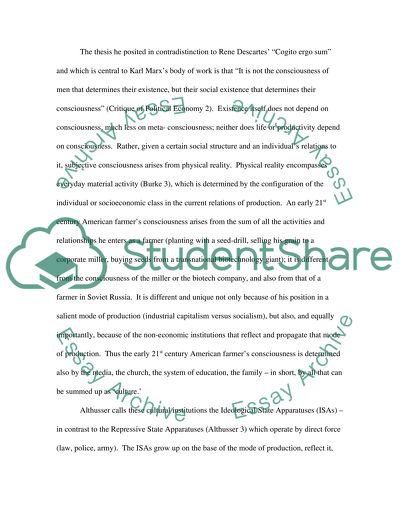Cite this document
(“Consciousness Essay Example | Topics and Well Written Essays - 1250 words”, n.d.)
Retrieved from https://studentshare.org/miscellaneous/1515796-consciousness
Retrieved from https://studentshare.org/miscellaneous/1515796-consciousness
(Consciousness Essay Example | Topics and Well Written Essays - 1250 Words)
https://studentshare.org/miscellaneous/1515796-consciousness.
https://studentshare.org/miscellaneous/1515796-consciousness.
“Consciousness Essay Example | Topics and Well Written Essays - 1250 Words”, n.d. https://studentshare.org/miscellaneous/1515796-consciousness.


